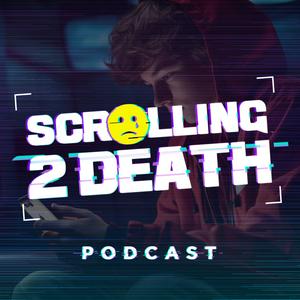Week 3 marks a turning point inside the courtroom: opening statements begin, the first witnesses take the stand, and the stakes become unmistakably real. Hosts Nicki Petrossi and Sarah Gardner (of Heat Initiative) bring you inside the proceedings as plaintiffs and defense lay out competing narratives about what happened to Kaley—and what responsibility tech giants bear.
Plaintiff attorney Mark Lanier delivers what attendees call a “masterclass” opening, previewing internal records from YouTube and Meta suggesting early-age targeting and engineering for addiction. Defense attorney Paul Schmidt counters with a starkly different claim: that social platforms can benefit vulnerable teens and that responsibility lies elsewhere - on parents. YouTube counsel Louis Lee insists repeatedly: YouTube is not social media.
The first expert witness, addiction psychiatrist Dr. Anna Lembke of Stanford University, author of Dopamine Nation, walks jurors through the neuroscience of compulsive use—arguing that platform design features can function like addictive stimuli, especially for adolescents. Cross-examinations grow tense as attorneys challenge her comparisons and conclusions.
Midweek brings the highly anticipated testimony of Adam Mosseri, head of Instagram, questioned about past statements on social media addiction, teen safety, and whether growth incentives conflict with child protection. Outside the courthouse, grieving parents—including featured guest John DeMay—camp overnight for seats, hold direct actions targeting Snapchat, and remind the world what this trial is really about: children.
You’ll hear:
Real-time courthouse reflections
Parent voices from the steps outside
Key courtroom exchanges that could shape the verdict
Legal context explaining what jurors must decide
Next week’s witnesses raise the stakes even higher, with expected testimony from Mark Zuckerberg and Neal Mohan.
Because this isn’t just a trial. It’s a reckoning. And we’re translating every moment that matters for families everywhere.


